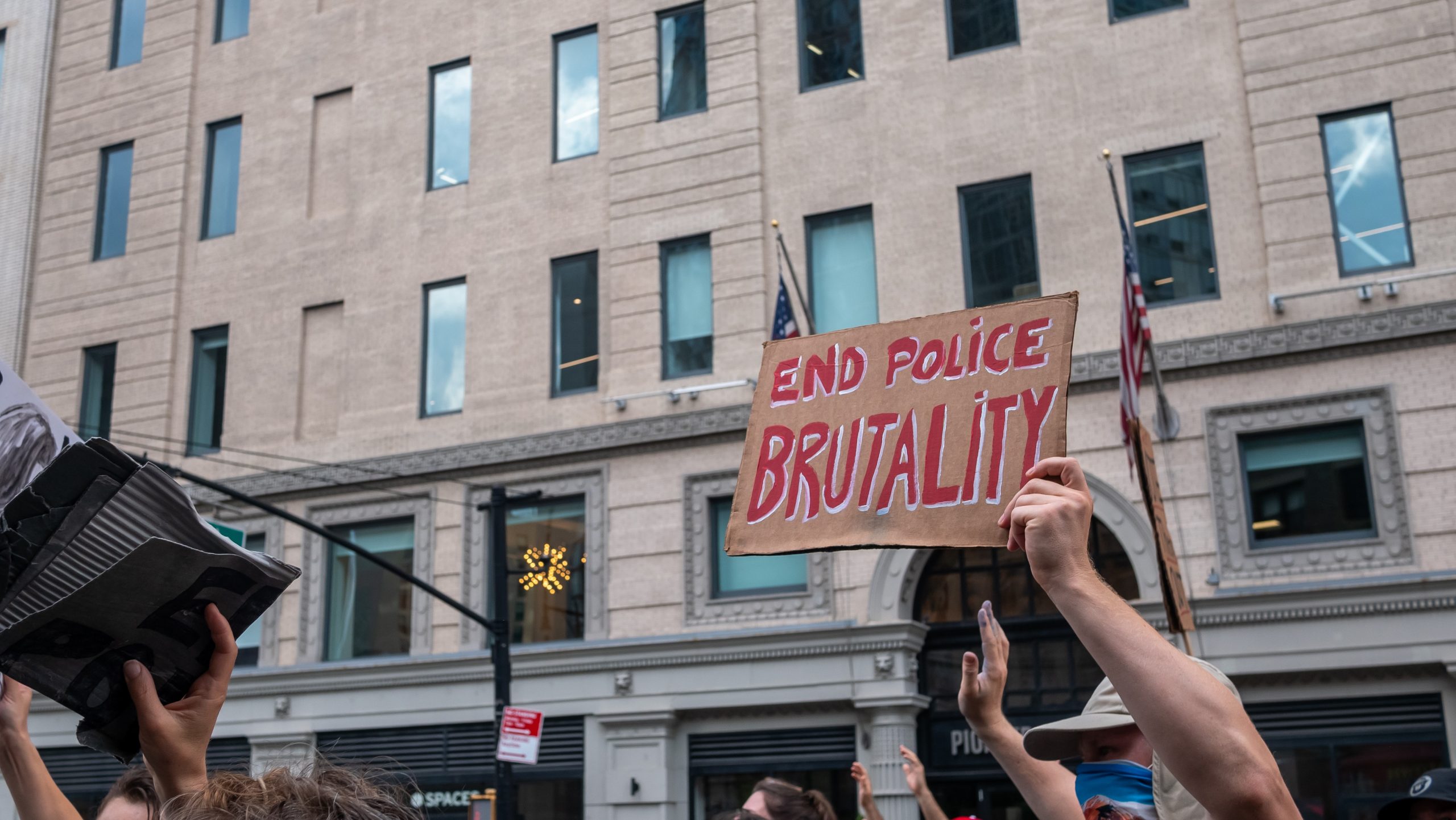
ICAAD is humbled and honored to join over 270 other civil society organizations and 171 families of victims of police violence in a letter to the United Nations Human Rights Council calling for an independent inquiry into police violence in the U.S. This commission will investigate police killings of Black men and women as well as violent law enforcement responses to protests in the U.S.
This letter is accompanied by a second letter from victims’ families to Ministers of Foreign Affairs of African States urging them to apply pressure to the UN Human Rights Council to establish this independent inquiry.
As of June 3, 2021, police in the U.S. have killed 429 people in 2021 alone. This is after a year of nationwide protests ignited by the police murder of George Floyd and the many other violent actions by police officers, many of which have been documented on camera – at times, by an officer’s own body cam.
Black people are three times more likely to be killed by police than white people, demonstrating that systemic racism is deeply embedded in police departments nationwide. Further, most police killings begin with the police responding to traffic stops, mental health checks, domestic disturbances, or reported low level offences; this fact reveals the urgent need for law enforcement structural reform.
These statistics are available through the research collaborative, Mapping Police Violence, that works to respond to the police’s endemic lack of transparency. Their data also shows that between 2013 and 2020, 98.3% of killings by police have not resulted in officers being charged with a crime.
Enough was enough years ago. Enough has been enough, and we have learned that the police cannot hold themselves accountable. Police officers bear the weight of significant responsibility, but also, wield nearly unchecked power and must be subject to impartial forms of accountability that don’t unjustly privilege their lives over those they arrest or kill in the line of duty. You can read and share the letter here.
